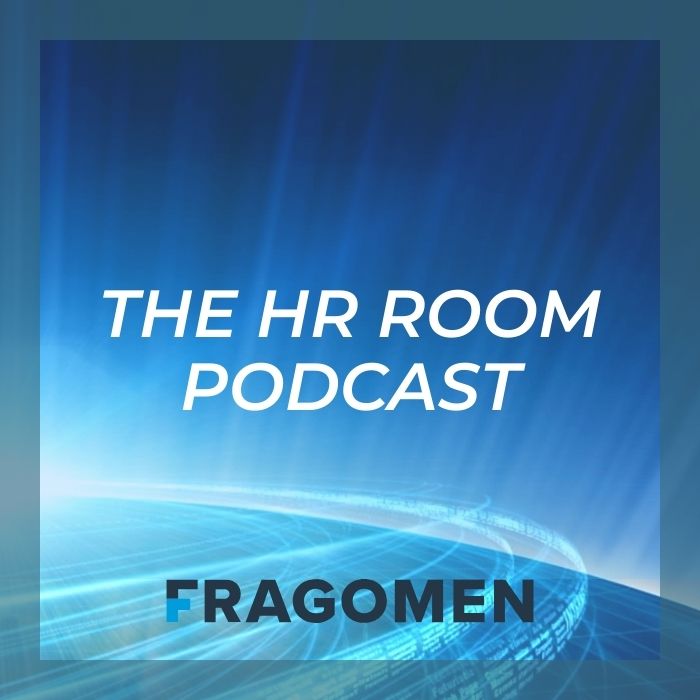Saudi Arabia: Certain Private Sector Companies Must Offer Trainee Positions As Part of Employee Headcount
January 24, 2024

As of January 1, 2024, private sector companies with 50 or more employees must now ensure that at least two percent of their full-time employee headcount is comprised of Saudi national university or college students working in a ‘trainee’ capacity. Affected companies must sign a ‘cooperative training’ contract with each trainee and disclose the training data through the Qiwa platform. The contract should detail the training program duration, including outlining each training stage, as well as the roles and skills to be developed during the training program. The Ministry of Human Resources and Social Development, which administers the program, has released a comprehensive procedural guide that, among other things, includes a contract template for the hiring of trainees and provides guidance and assistance regarding program requirements (including specifying the types of trainees eligible to participate; identifying the skills to be trained; demarcating the training program stages; and providing completion certificates which are given at the end of the program). Non-compliance with program requirements may result in penalties in accordance with the Ministry of Human Resources and Social Development's recently issued labor penalty schedule. Through providing practical work experience to young Saudi nationals, this initiative seeks to increase the capacity and competitiveness of the country’s national workforce and labor market.
This alert is for informational purposes only. If you have any questions, please contact the global immigration professional with whom you work at Fragomen or send an email to [email protected].
Explore more at Fragomen

Media mentions
Immigration Manager Alice Heron explains how HR teams can navigate Irish immigration law and manage international talent effectively.

Media mentions
Associate Ilaria Iovieno and Immigration Consultant Devina Sanghera outline what the proposed expansion of the UK Right to Work Scheme means for housebuilders.

Awards
Partner Cynthia Shearn is recognized by Crain’s Chicago Business in its 2026 Notable Women in Law list, honoring her leadership in immigration and global mobility and her impact within the legal community.

Media mentions
Partner Emily Allen says the new H-1B lottery is driving earlier planning and more detailed preparation.

Blog post
Senior Business Immigration Consultant Ryaihanny Sahrom and Business Immigration Consultant II Fahimah Muhammad examine Indonesia’s newly launched Global Citizenship of Indonesia (GCI) program and its introduction of long-term and indefinite permanent residence pathways for members of the Indonesian diaspora.

Media mentions
Senior Immigration Manager Jonathan Hill notes that tighter UK visa compliance rules and new rating measures create additional challenges for universities.

Video
Partner Diana Quintas outlines key early career visa pathways and practical considerations for employers and graduates navigating entry-level immigration options.

Fragomen news
The Montreal office has added Partner Julie Lessard and Counsel Elsa Agostinho and Sophia Khanzadian to strengthen its immigration services.

Blog post
Destination Services Director Christine Sperr examines how housing market reforms, rent stabilization measures and cost-of-living dynamics in Saudi Arabia are influencing workforce mobility, compensation planning and long-term settlement strategies under Vision 2030.

Blog post
Manager Dr Adela Schmidt and Senior Associate Isabel Schnitzler analyse the European Commission’s infringement proceedings against Germany concerning its Vander Elst visa requirements for third-country nationals providing short-term cross-border services and explain why current compliance obligations remain unchanged.

Blog post
Latin America & the Caribbean Managing Partner Leonor Echeverria, Senior Associates Sarah Blackmore and Sonya Cole and Senior Regional Knowledge Manager Laura Weingort examine renewed energy interest in Venezuela and outline key immigration pathways, procedural constraints and strategic considerations for compliant talent deployment.

Media mentions
Senior Manager Andreia Ghimis highlights how the EU’s new migration strategy could create opportunities for employers while increasing compliance requirements.

Media mentions
Immigration Manager Alice Heron explains how HR teams can navigate Irish immigration law and manage international talent effectively.

Media mentions
Associate Ilaria Iovieno and Immigration Consultant Devina Sanghera outline what the proposed expansion of the UK Right to Work Scheme means for housebuilders.

Awards
Partner Cynthia Shearn is recognized by Crain’s Chicago Business in its 2026 Notable Women in Law list, honoring her leadership in immigration and global mobility and her impact within the legal community.

Media mentions
Partner Emily Allen says the new H-1B lottery is driving earlier planning and more detailed preparation.

Blog post
Senior Business Immigration Consultant Ryaihanny Sahrom and Business Immigration Consultant II Fahimah Muhammad examine Indonesia’s newly launched Global Citizenship of Indonesia (GCI) program and its introduction of long-term and indefinite permanent residence pathways for members of the Indonesian diaspora.

Media mentions
Senior Immigration Manager Jonathan Hill notes that tighter UK visa compliance rules and new rating measures create additional challenges for universities.

Video
Partner Diana Quintas outlines key early career visa pathways and practical considerations for employers and graduates navigating entry-level immigration options.

Fragomen news
The Montreal office has added Partner Julie Lessard and Counsel Elsa Agostinho and Sophia Khanzadian to strengthen its immigration services.

Blog post
Destination Services Director Christine Sperr examines how housing market reforms, rent stabilization measures and cost-of-living dynamics in Saudi Arabia are influencing workforce mobility, compensation planning and long-term settlement strategies under Vision 2030.

Blog post
Manager Dr Adela Schmidt and Senior Associate Isabel Schnitzler analyse the European Commission’s infringement proceedings against Germany concerning its Vander Elst visa requirements for third-country nationals providing short-term cross-border services and explain why current compliance obligations remain unchanged.

Blog post
Latin America & the Caribbean Managing Partner Leonor Echeverria, Senior Associates Sarah Blackmore and Sonya Cole and Senior Regional Knowledge Manager Laura Weingort examine renewed energy interest in Venezuela and outline key immigration pathways, procedural constraints and strategic considerations for compliant talent deployment.

Media mentions
Senior Manager Andreia Ghimis highlights how the EU’s new migration strategy could create opportunities for employers while increasing compliance requirements.

